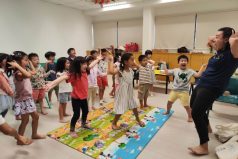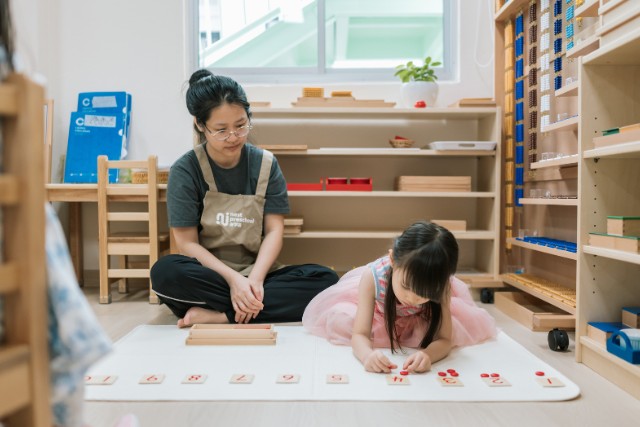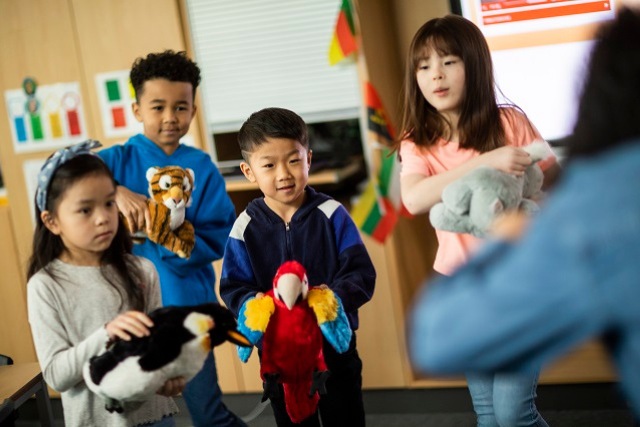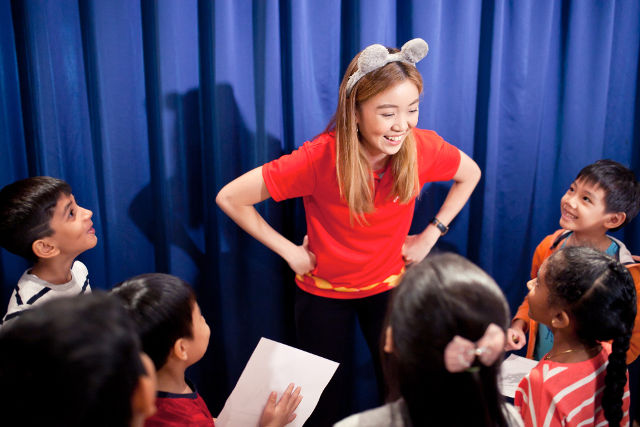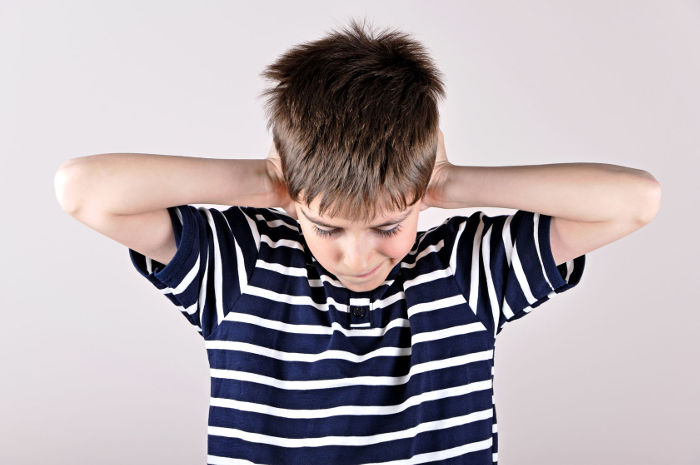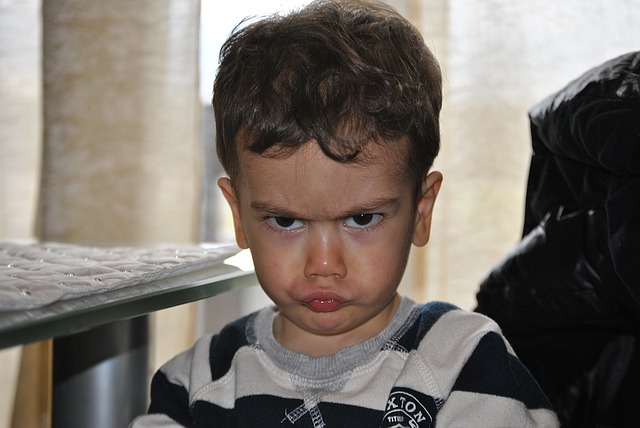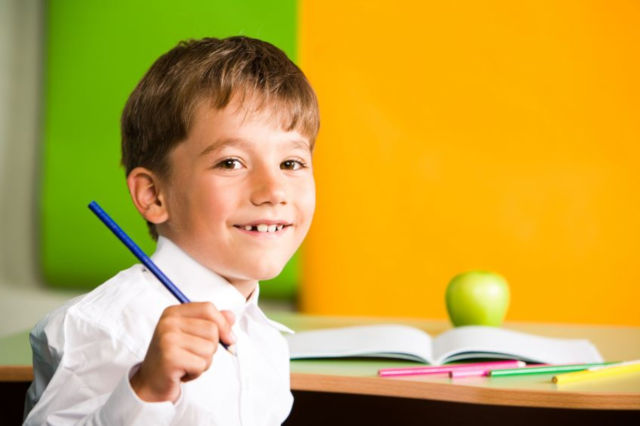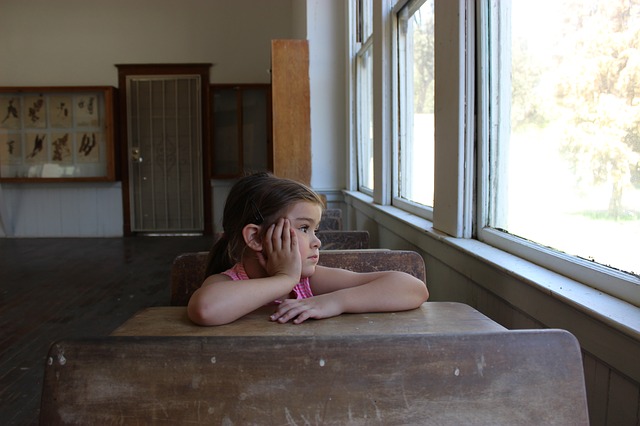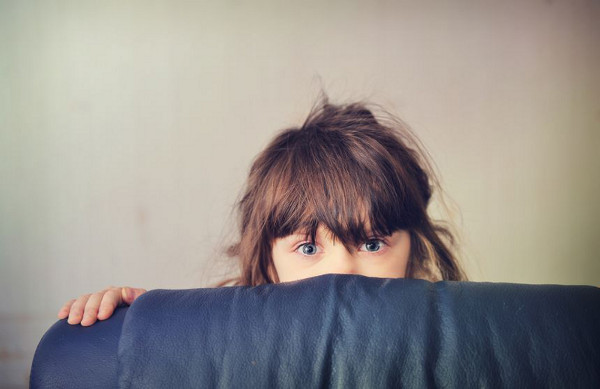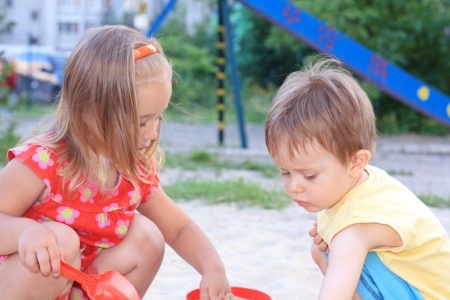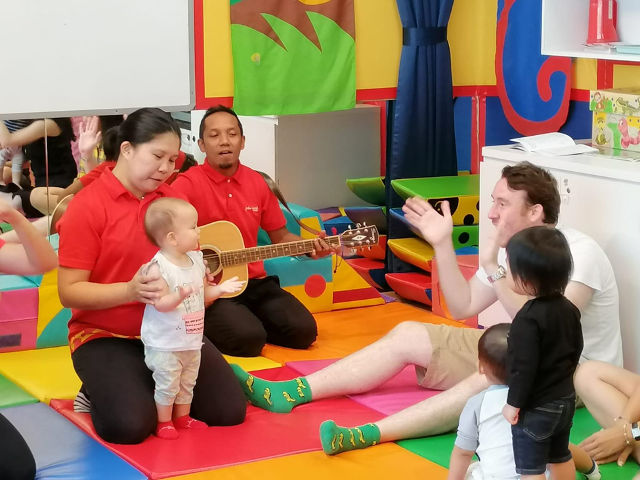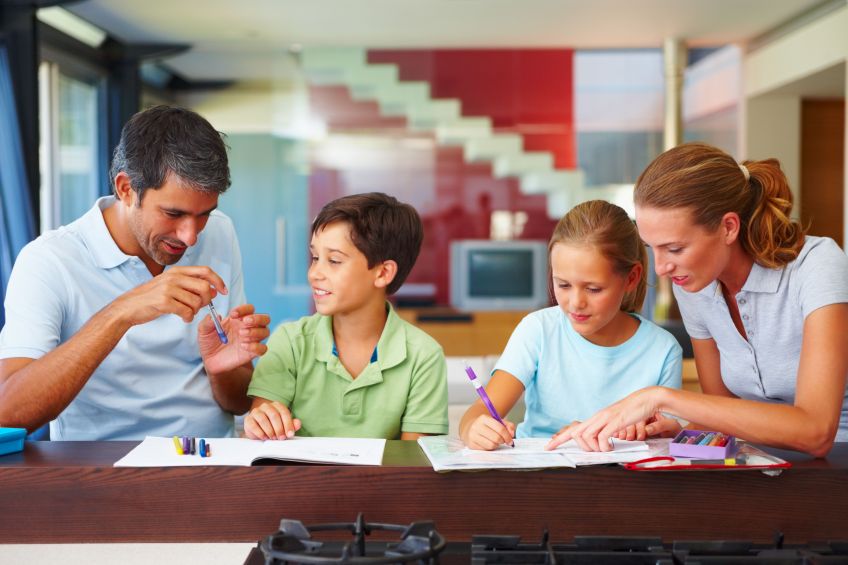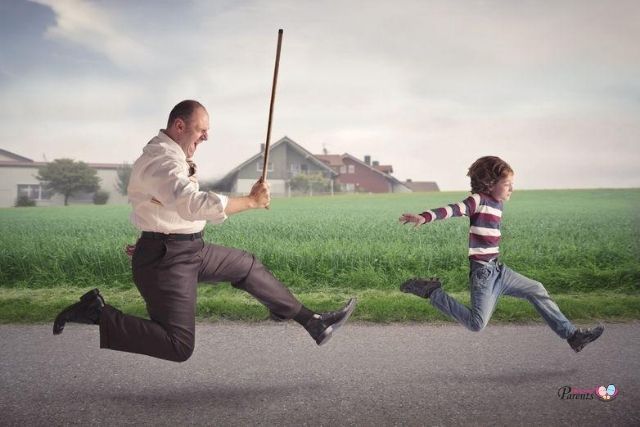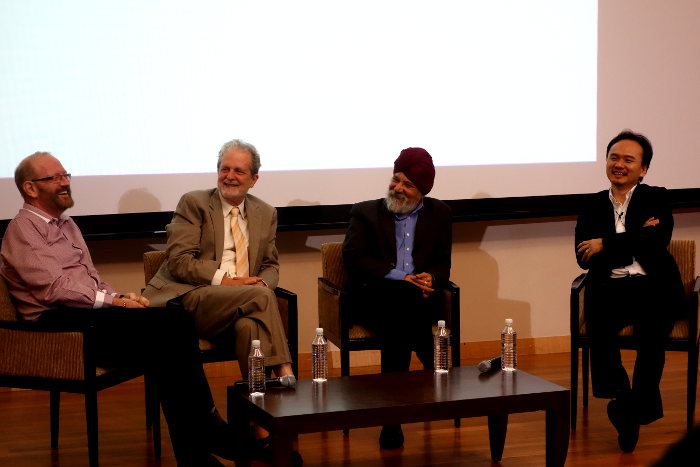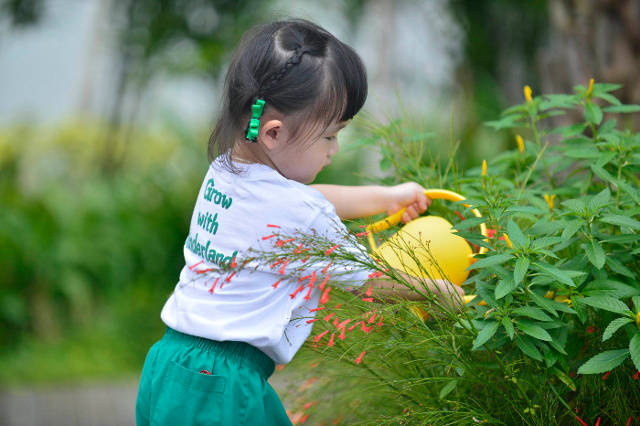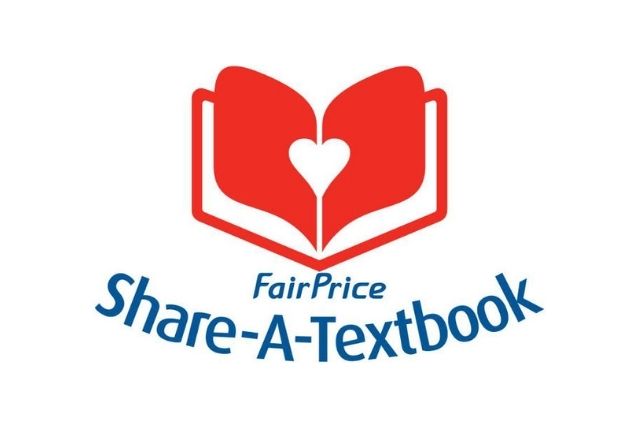When our children suffer we do too!
Fiona Walker, Principal Of Schools & CEO of Julia Gabriel Education shares some important questions parents can ask themselves if they are being overprotective.
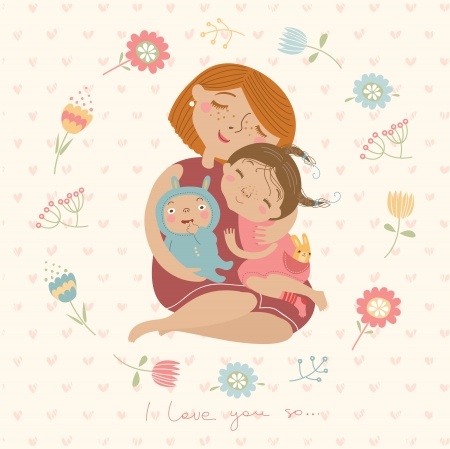
Love, concern and wanting the best for them make us instinctively jump to their aid, ensure they are protected at all times or set out to control their movements, even friendships, as they grow older. When your toddler falls over and grazes his knee or your seven year-old is left out of the football team, how difficult do you find it to give them a warm hug, or offer some sympathetic words – but then do nothing?
We all want our children to be safe, successful and happy and it hurts us to know if they are not. But are you so full of fear and anxiety at every stage of your child’s development that you feel the need to micro-manage their every move? Do you hover and swoop in at the first indication of a mistake or upset (‘helicopter parent‘), afraid your child will fail or get hurt?
In reality, over-protectiveness is hard to judge. Parents instinctively adopt different parenting styles according to their own experiences, temperaments and behaviour patterns, just as all children are different. And honestly, who is anyone to judge that you are being over-protective of your child? Caring deeply for the welfare and well being of your child should never be something you feel guilty about!
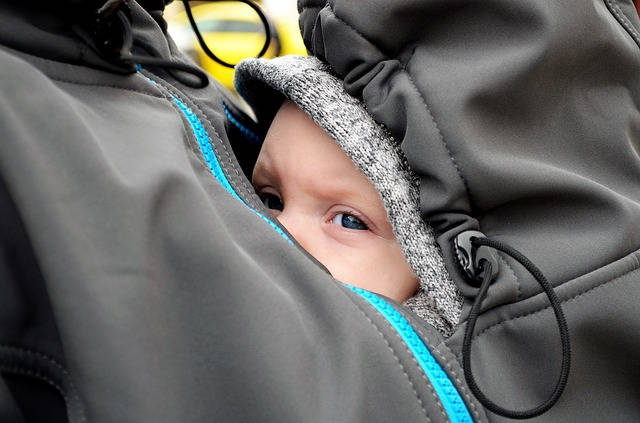
That said, research shows that when we do not allow our children time to work through predicaments themselves or experience a gamut of emotions brought about by failure, mishaps or struggling to acquire a new skill, we deprive them of the opportunity to work out how to manage their feelings during difficult times and obstruct their path to full independence. Karen Karbo, author of Why being less protective is better for your kids states, “Just as learning a sport demands years of practice, so does learning to handle life’s setbacks.”
What Is Your Style?
So, what is your approach to raising your child? Studies have identified four parenting styles and the general impact of each as follows:
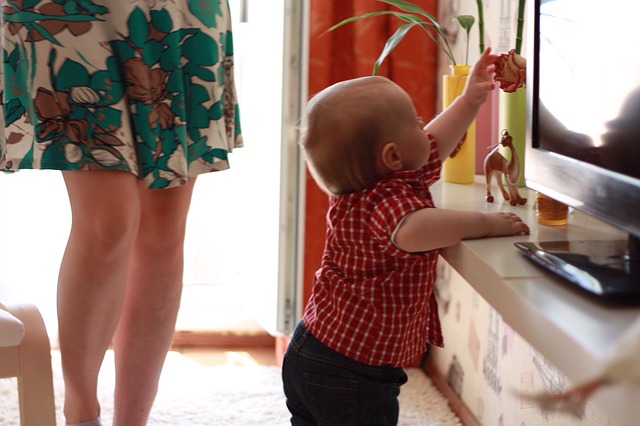
Authoritarian Parenting: Children are expected to follow strict rules set by their parents. Parents often respond to queries with “because I said so” and tend to believe children should be seen and not heard. They are very focused on obedience and training.
IMPACT: Children may be obedient and proficient but have low self-esteem, poorly developed social skills and rank lower in happiness indexes.
Authoritative Parenting: Parents establish clear rules and guidelines but are responsive to children’s questioning authority. They are more nurturing than Authoritarian Parents when children fail to meet expectations and are assertive but not intrusive or restrictive.
IMPACT: Children are happy, capable and successful.
Permissive Parenting: Parents tend to be less traditional and more lenient. They may have relatively low expectations of maturity and self-control but are nurturing and communicative with their children, often seeming more like a friend than a parent.
IMPACT: Children rank lower in happiness and self-control. They are also more likely to have difficulty with authority, which can affect performance in school.
Uninvolved Parenting: A parenting style with very little communication and low expectations. Parents are often detached from their child’s life.
IMPACT: Children rank lower in happiness, self-control, self-esteem, social awareness and academic competence.

Having determined your style, now ask yourself a few questions:
- Do you leap in to assist your child at the first sign of failure?
- Do you worry about your child getting dirty or covered in germs?
- Do you constantly remove your child from challenging or stressful situations?
- Do you constantly make decisions for your child?
- Do you put pressure on your child to be more successful than their peers?
- Do you try to control your child’s every move?
- Do you really listen to your child’s point of view?
- Do you hover constantly over your child?
Stepping back to watch your child take a risk you know will result in a bumped knee or bruised ego takes courage, but if you believe you are being over-protective, try to do so in the knowledge that such experiences will help your child develop the resilience they need to move forward into the big wide world.
By Fiona Walker, Julia Gabriel Centre.
Fiona Walker joined Julia Gabriel Centre in 1991 as a teacher and is now the Principal of Schools / CEO of Julia Gabriel Education. She holds a Masters in Early Childhood Education and is a qualified Montessori teacher with more than 20 years of experience in providing quality education for young children. She is committed to the ongoing development of teachers and curriculum in Julia Gabriel Education.
This article was first published in The New Age Parents e-magazine.
* * * * *
Like what you see here? Get parenting tips and stories straight to your inbox! Join our mailing list here.
Want to be heard 👂 and seen 👀 by over 100,000 parents in Singapore? We can help! Leave your contact here and we’ll be in touch.












